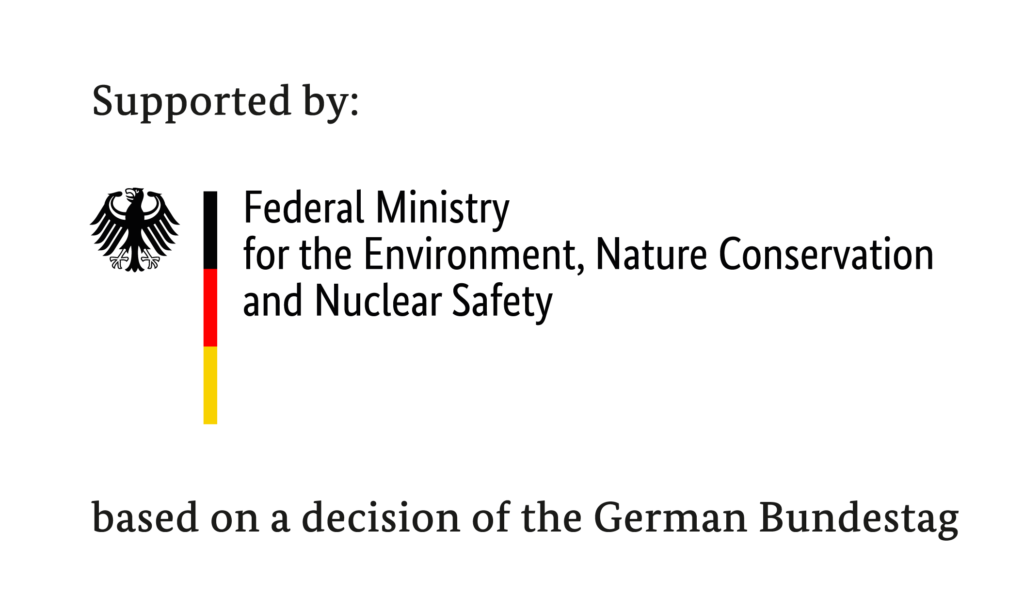The Team
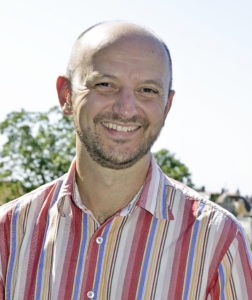
Prof. Dr. Hartmut Fünfgeld holds the Chair of Geography of Global Change at the Institute of Environmental Social Sciences and Geography of the Albert-Ludwigs-University Freiburg and is Adjunct Professor at the Centre for Urban Research at RMIT University in Melbourne, Australia. His research focuses on the social and institutional dimensions of local and regional strategies for dealing with anthropogenic climate change, particularly in the area of climate change adaptation through strategic planning and participatory processes at the municipal level. Hartmut Fünfgeld has 15 years of experience in application-oriented research and consulting in Europe, Australia, Africa and Asia.

Prof. Dr. Rüdiger Glaser holds the Chair of Physical Geography at the Albert-Ludwigs-University Freiburg and has many years of experience in the field of long-term analysis of regional impacts and adaptations to climate change: In the INTERREG project Clim’Ability, for example, he and his team conduct research on the impacts of climate change on small and medium-sized enterprises in the Upper Rhine metropolitan region and the transnational flood risk management in the Upper Rhine region. Two projects of the Water Network Baden-Württemberg analyse the consequences of, and reactions to, droughts as well as the management of dams. Another focus is the didactic preparation and communication of knowledge, for example via virtual research environments.
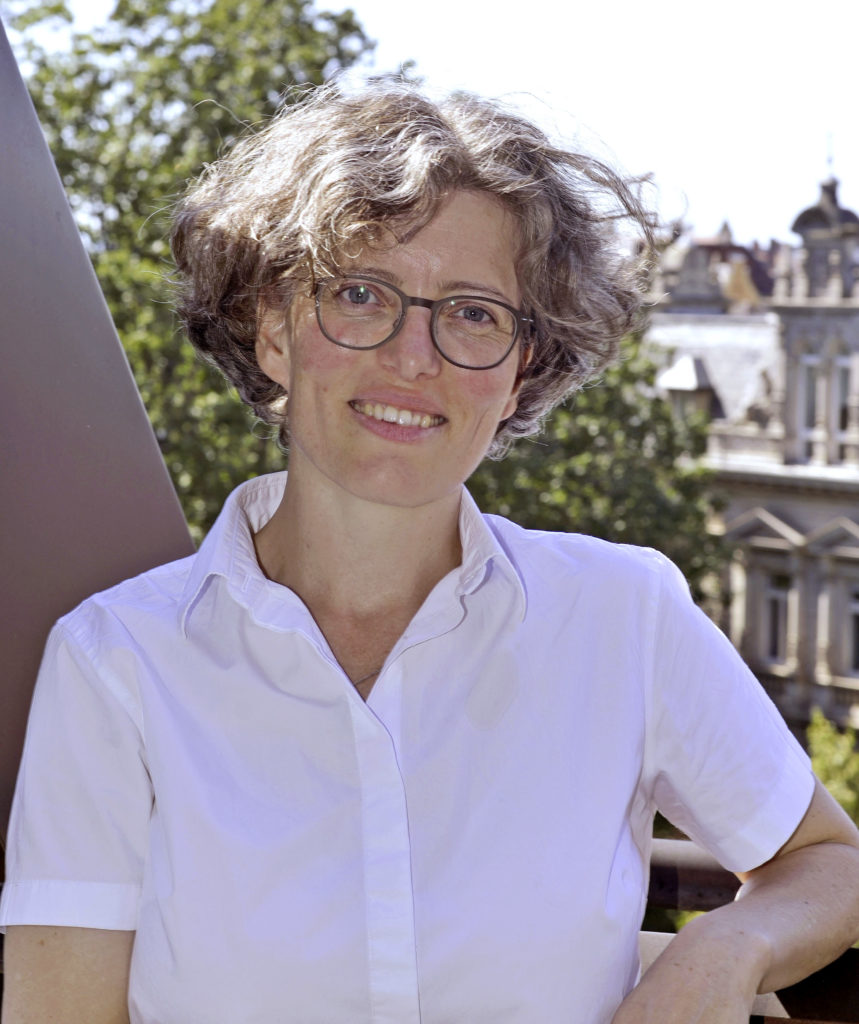
Stefanie Lorenz is a climate change consultant and managing director of Klima Plus. Global climate change and its consequences have long been a focus of her work. She has worked for the World Meteorological Organization (WMO) in Geneva and the Gesellschaft für Internationale Zusammenarbeit (GIZ) as a consultant and project manager in Germany and abroad. Stefanie Lorenz brings practical experience from her work as a climate change manager in the municipal administration of medium-sized cities in South Baden to the project. She has been working for more than five years in advising and supporting municipalities in the areas of climate protection and climate change adaptation in Baden-Württemberg.
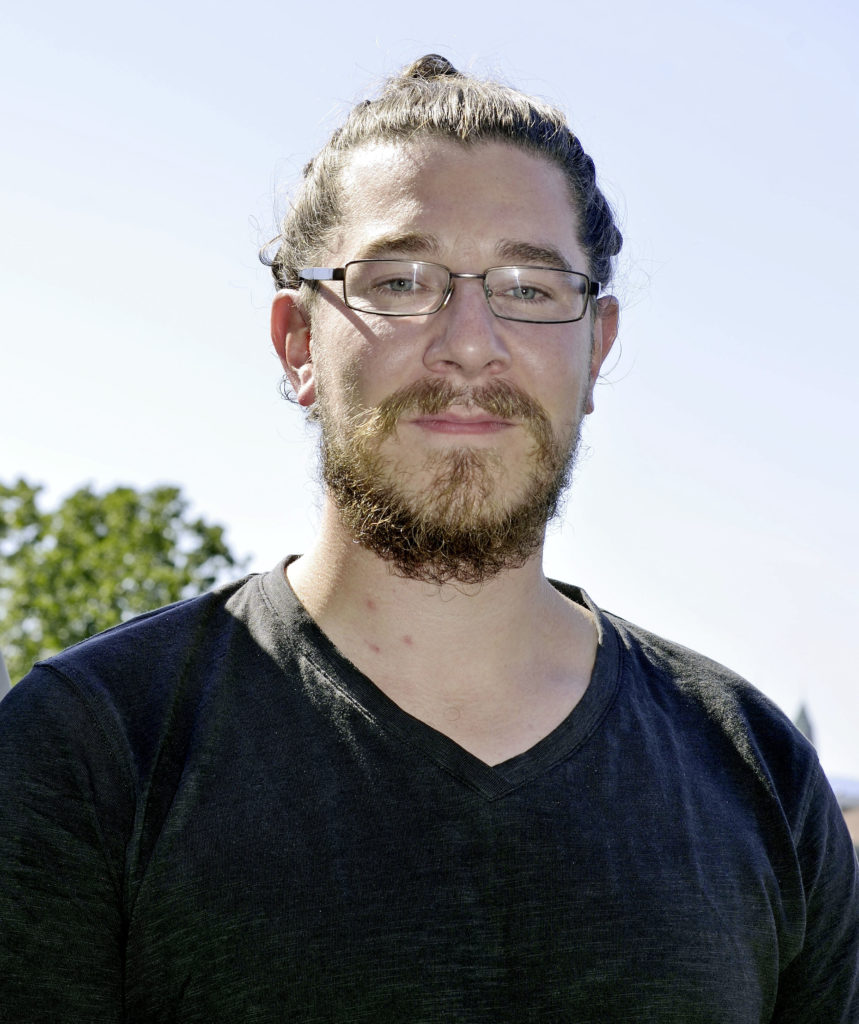
Nils Riach is a research associate at the Chair of Physical Geography at the Albert-Ludwigs-University Freiburg. His research focuses on climate change and climate vulnerability in a regional and local context, especially in the trinational metropolitan region of the Upper Rhine. He uses indicator- and GIS-based methods for the quantitative assessment of climatic vulnerability.

Dennis Fila is a PhD student at the Chair of Geography of Global Change at the Albert-Ludwigs-University Freiburg since April 2020 and will complete his dissertation within the LoKlim project. His research focuses on political ecology and human-environment relations. In his master’s thesis, he studied the environmental and social impacts of the 2028 Olympic Games in Los Angeles, working with municipal and regional stakeholders. He has professional experience in municipal planning law and was involved in the redrafting of the land use plan of the city of Braunschweig.
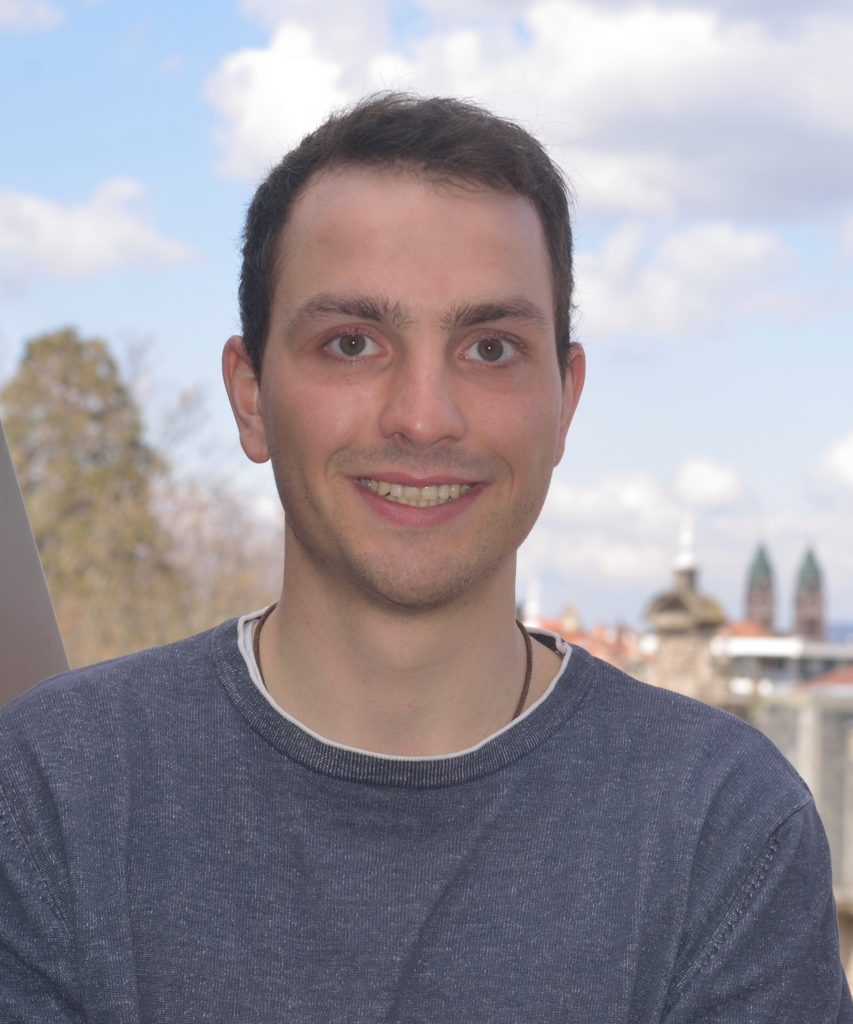
Henning Nover is a research assistant at the Chair of Geography of Global Change and a student of the correspoinding master program Geography of Global Change at the University of Freiburg. He completed his bachelor’s degree in geography at the University of Marburg. In addition to climate change adaptation, he is particularly interested in urban and regional development.
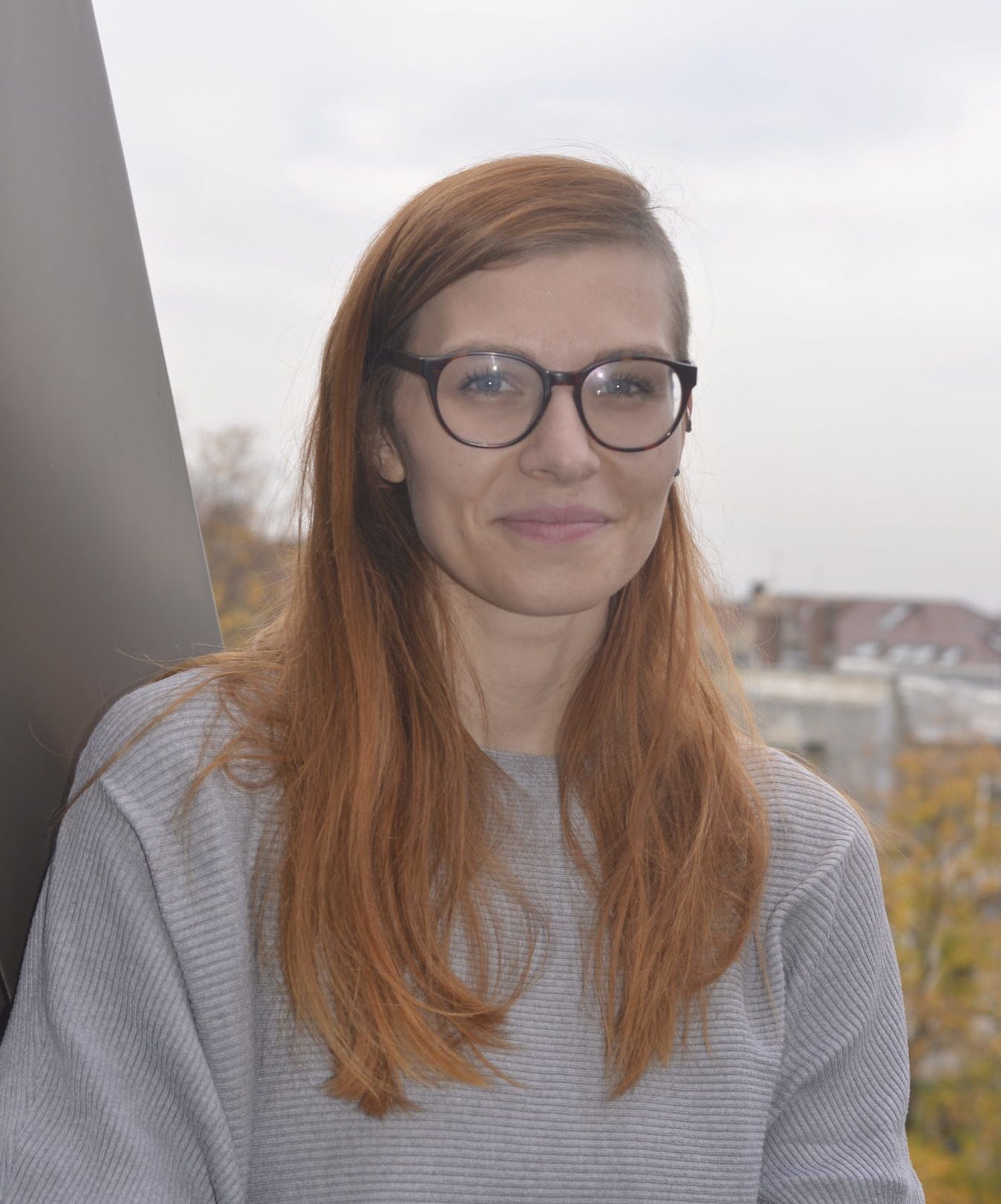
Jorid Wempe works as a research assistant at the Chair of Geography of Global Change and is a student of the corresponding master’s program at the University of Freiburg. She completed her bachelor’s degree in social sciences at the Philipps University of Marburg. There she simultaneously worked as an assistant at the Institute of Sociology in a research project on demographic change and gender equality in works councils.
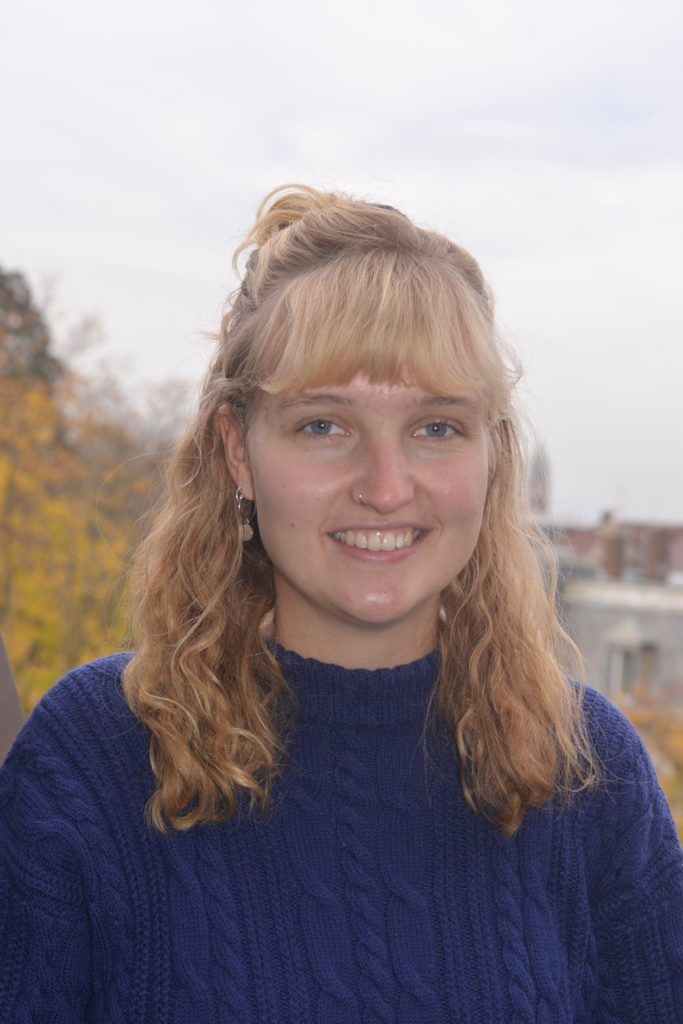
Charlotte Schröer is a research assistant at the Chair of Global Change Geography and is studying the corresponding master’s degree at the University of Freiburg. She completed her Bachelor’s degree in Geography at the University of Bremen. In Bremen, she was already involved in a research project on renewable energies and rebound effects at the artec Research Centre for Sustainability. Her main focus in her studies is on topics of political geography.
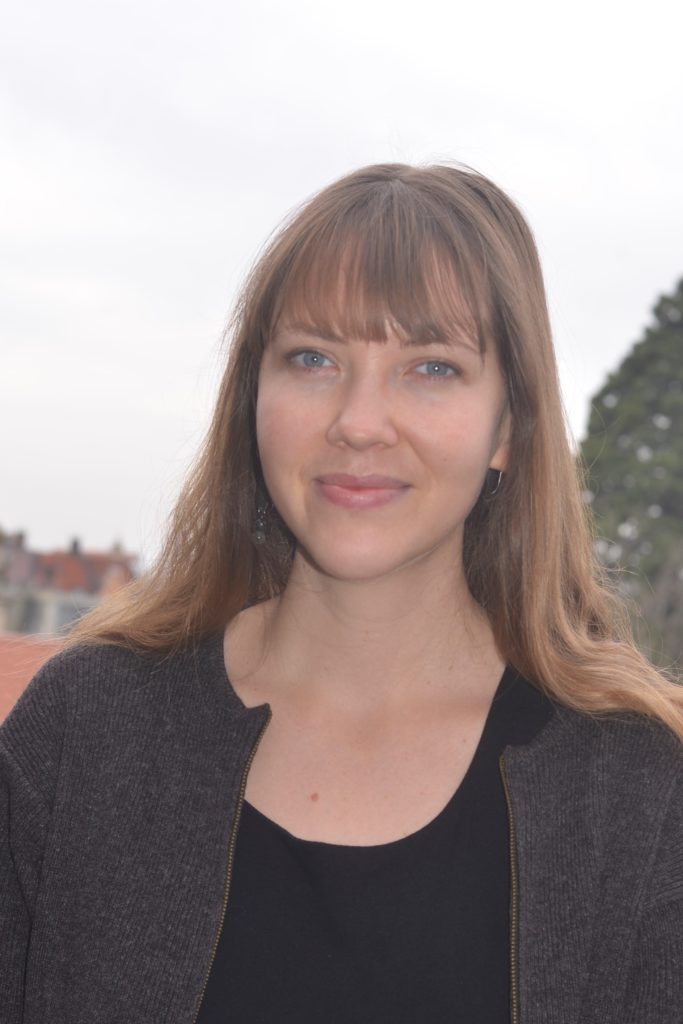
Juliane Frost works as a research assistant at the Chair of Global Change Geography. She is a student of the master program Environmental Governance at the University of Freiburg. She received her Bachelor’s degree in Environmental and Political Sciences fromthe Leuphana University Lüneburg. As part of her studies, she completed internships in the field of climate (adaptation) and subsequently worked as a policy advisor in the European Parliament.
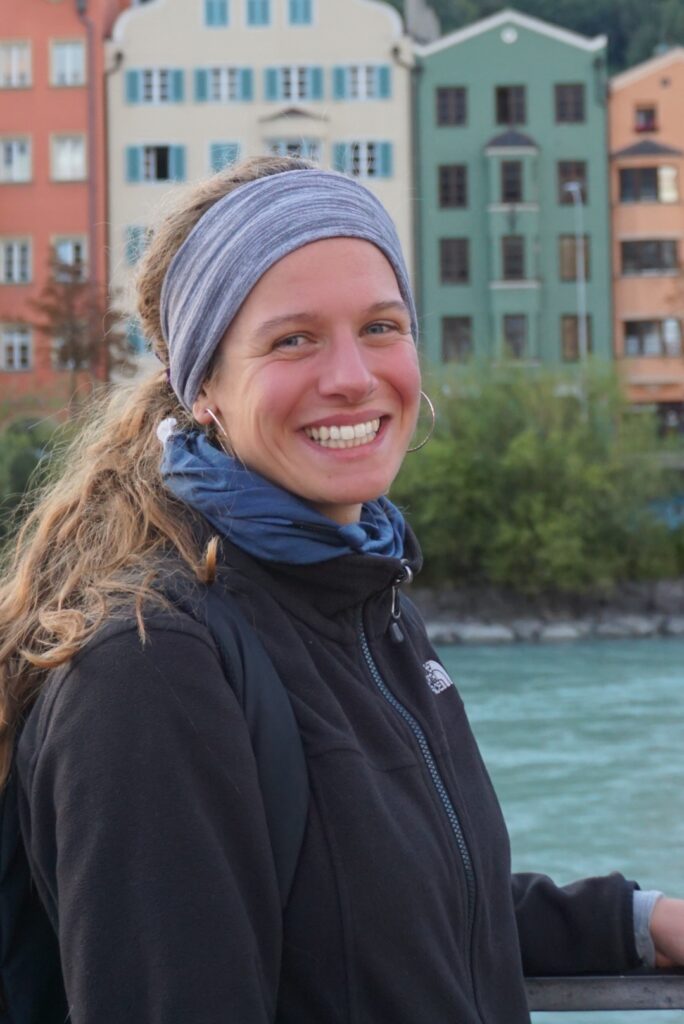
Pernilla Kober also works as a research assistant at the Chair of Geography of Global Change and is a student of the master’s program of the same name at the University of Freiburg. She obtained her bachelor’s degree in urban studies at the Bauhaus University in Weimar. During her studies, she worked as a research assistant at the Chair of Spatial Planning and completed internships in offices and companies with an urban planning context. Climate adaptation, development cooperation and topics of political ecology are focal points in her Master’s degree.
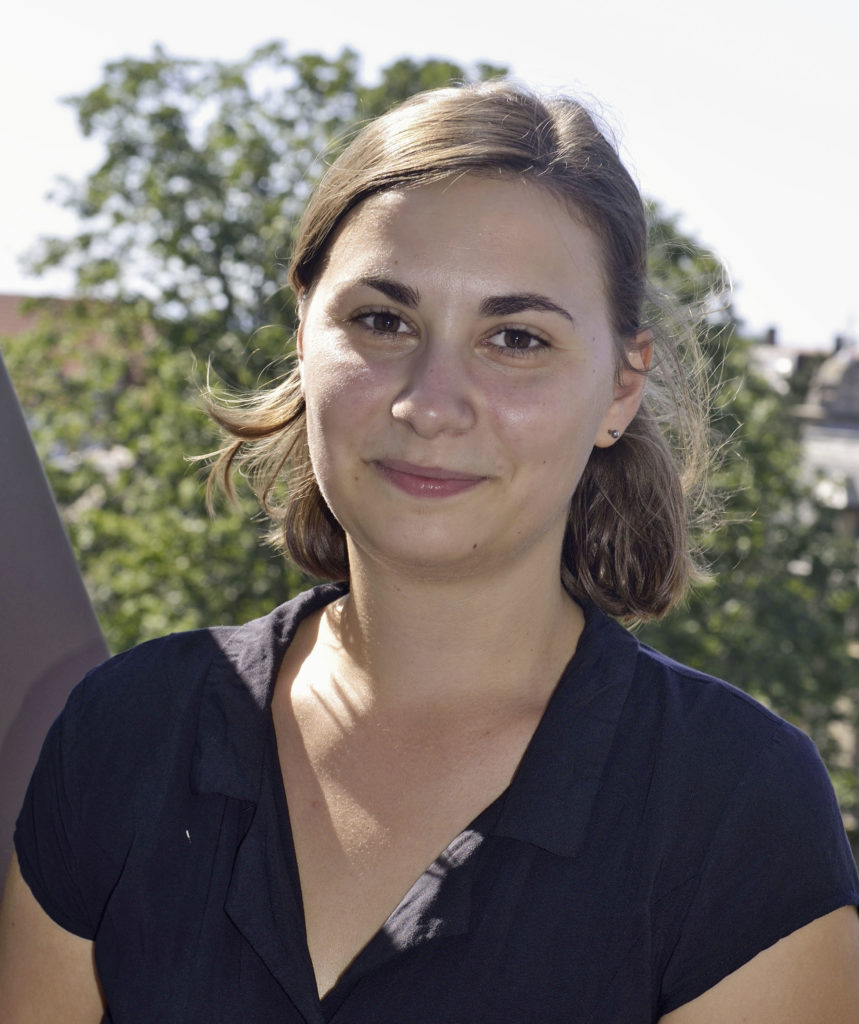
Thea Uhlich completed a master in Geography of Global Change at the University of Freiburg. Since January 2019, she is a research assistant at the Chair of Global Change Geography. In 2020, she supported the research project LoKlim as an assistant. Previously, she completed her bachelor’s degree in social sciences in Cologne and worked for one year at the development and environmental organization Germanwatch in Bonn.

Heindriken Dahlmann successfully completed her master’s degree in Geography of Global Change at the University of Freiburg in 2021. She received her Bachelor’s degree in Geography from the Humboldt University in Berlin. From 2020, she worked as a student assistant in the LoKlim project. During her studies, she completed internships at the Potsdam Institute for Climate Impact Research and the Stockholm Resilience Center.
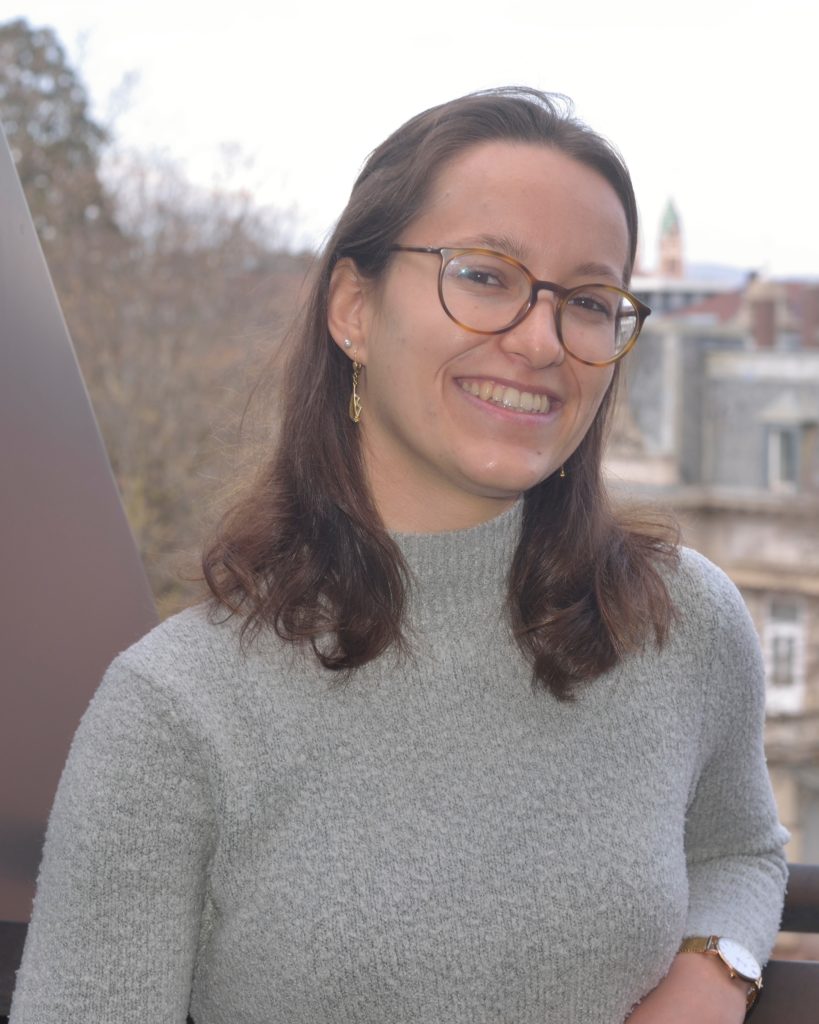
Lena Egeler is currently studying in the master’s program “Global Change Geography” at the University of Freiburg. From the beginning of 2021 to the beginning of 2022, she worked as a student assistant in the LoKlim project. She obtained her two-subject bachelor’s degree (geography and educational sciences) at the Ruprecht-Karls-University in Heidelberg. In addition to her studies, she worked for the staff unit Traffic Development Plan in the Office of Traffic Management of the City of Heidelberg.
